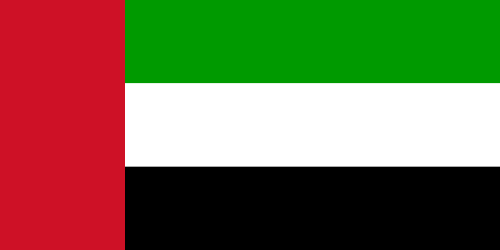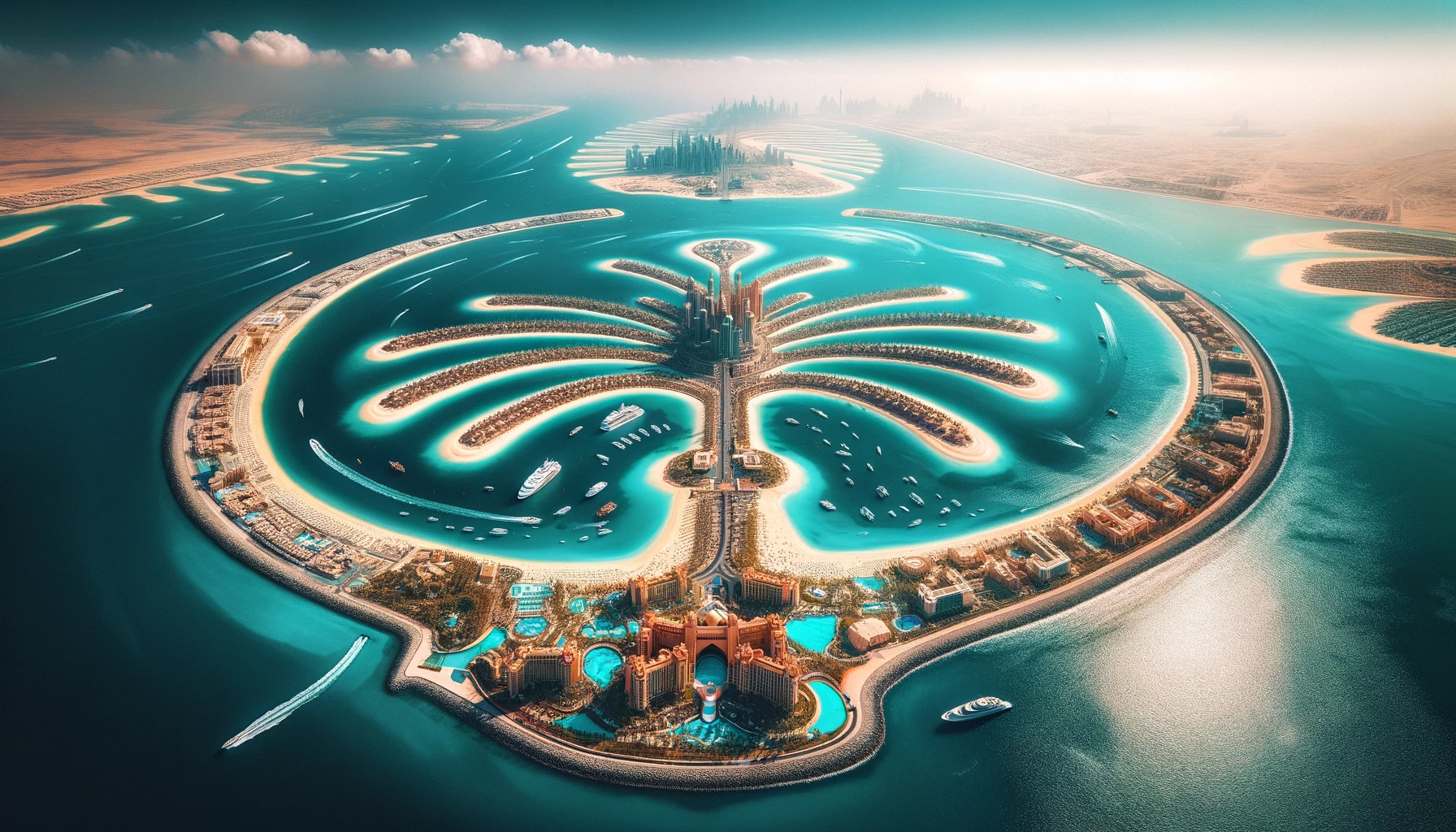The United Arab Emirates, a federation of seven emirates in the Arabian Peninsula, is known for its luxurious lifestyle, ultramodern architecture, and vibrant commercial activity. Famous for landmarks like Dubai’s towering Burj Khalifa and Abu Dhabi’s opulent Sheikh Zayed Grand Mosque, the UAE seamlessly blends its Bedouin heritage with an ambitious futuristic vision. It offers a unique mix of traditional culture and cutting-edge innovation, set against the backdrop of the vast Arabian Desert and stunning Persian Gulf coastlines.
Public Holidays for the UAE (United Arab Emirates) in the year 2024
- New Year’s Day: Monday, 1. January 2024
- Eid al-Fitr Holiday: Monday, 8 April 2024
- 2. Eid al-Fitr Holiday: Tuesday, 9 April 2024
- 3. Eid al-Fitr: Wednesday, 10 April 2024
- 4. Eid al-Fitr Holiday: Thursday, 11 April 2024
- 5. Eid al-Fitr Holiday: Friday, 12 April 2024
- Arafat Day: Saturday, 15 June 2024
- Eid al-Adha: Sunday, 16 June 2024
- 2. Eid al-Adha Holiday: Monday, 17 June 2024
- 3. Eid al-Adha Holiday: Tuesday, 18 June 2024
- Islamic New Year: Sunday, 7 July 2024
- Prophet Muhammad’s Birthday: Sunday, 15 September 2024
- Commemoration Day: Sunday, 1 December 2024
- National Day: Monday, 2 December 2024
- National Day Holiday: Tuesday, 3 December 2024

United Arab Emirates: A Symphony of Modernity, Tradition, and Innovation
Introduction
The United Arab Emirates (UAE), a federation of seven emirates, is known for its rapid transformation from a desert landscape to a global hub of trade, tourism, and luxury. It seamlessly blends ultramodern architecture with rich cultural traditions.
Historical Roots
The UAE’s history is deeply connected to its Bedouin culture and the pearl-diving industry. The discovery of oil in the 20th century marked a turning point, leading to unprecedented growth and development.
Geographical Diversity
The UAE’s geography ranges from the glittering skyscrapers of Dubai and Abu Dhabi to the serene dunes of the Arabian Desert. Its coastline along the Persian Gulf features beautiful beaches and modern ports.
Cultural Tapestry
UAE’s culture reflects a mix of traditional Arabian customs and a diverse, cosmopolitan population. Islam plays a central role in daily life, while global influences are evident in its lifestyle, cuisine, and arts.
Economic Transformation
The UAE’s economy, once reliant on oil, has diversified into sectors like finance, real estate, and tourism. Cities like Dubai and Abu Dhabi are business and tourism destinations, known for their luxury experiences and shopping.
Political Structure
Each emirate in the UAE retains significant autonomy, with Abu Dhabi serving as the capital. The country is governed by a federal framework, with a president and a council of ministers.
Society and Lifestyle
The UAE’s society is a blend of traditional values and modernity. The nation is known for its hospitality and tolerance, hosting a large expatriate community from around the world.
Environmental Initiatives
The UAE is investing in sustainable development and clean energy, with initiatives like Masdar City and the Dubai Clean Energy Strategy. It aims to balance its rapid development with environmental responsibility.
Tourism and Attractions
Tourism is a key sector, with attractions ranging from the Burj Khalifa and the Palm Islands to historic sites like Al Fahidi Fort. The UAE also hosts global events, including the Dubai Shopping Festival and Expo 2020.
Arts and Heritage
The UAE’s arts scene is burgeoning, with cultural districts like Saadiyat Island and the Louvre Abu Dhabi. Traditional arts, such as falconry and camel racing, are preserved and celebrated.
Global Presence
The UAE is active in international affairs, known for its diplomatic efforts and aid contributions. It plays a significant role in regional politics and global energy markets.
Challenges and Future Outlook
The UAE faces challenges like economic diversification and societal integration of its diverse population. The country is focusing on innovation, education, and technology to shape its future.
Conclusion
The United Arab Emirates stands as a testament to visionary leadership and ambition. It continues to push boundaries, aiming to be a model for development and cultural openness in the Middle East and beyond.

